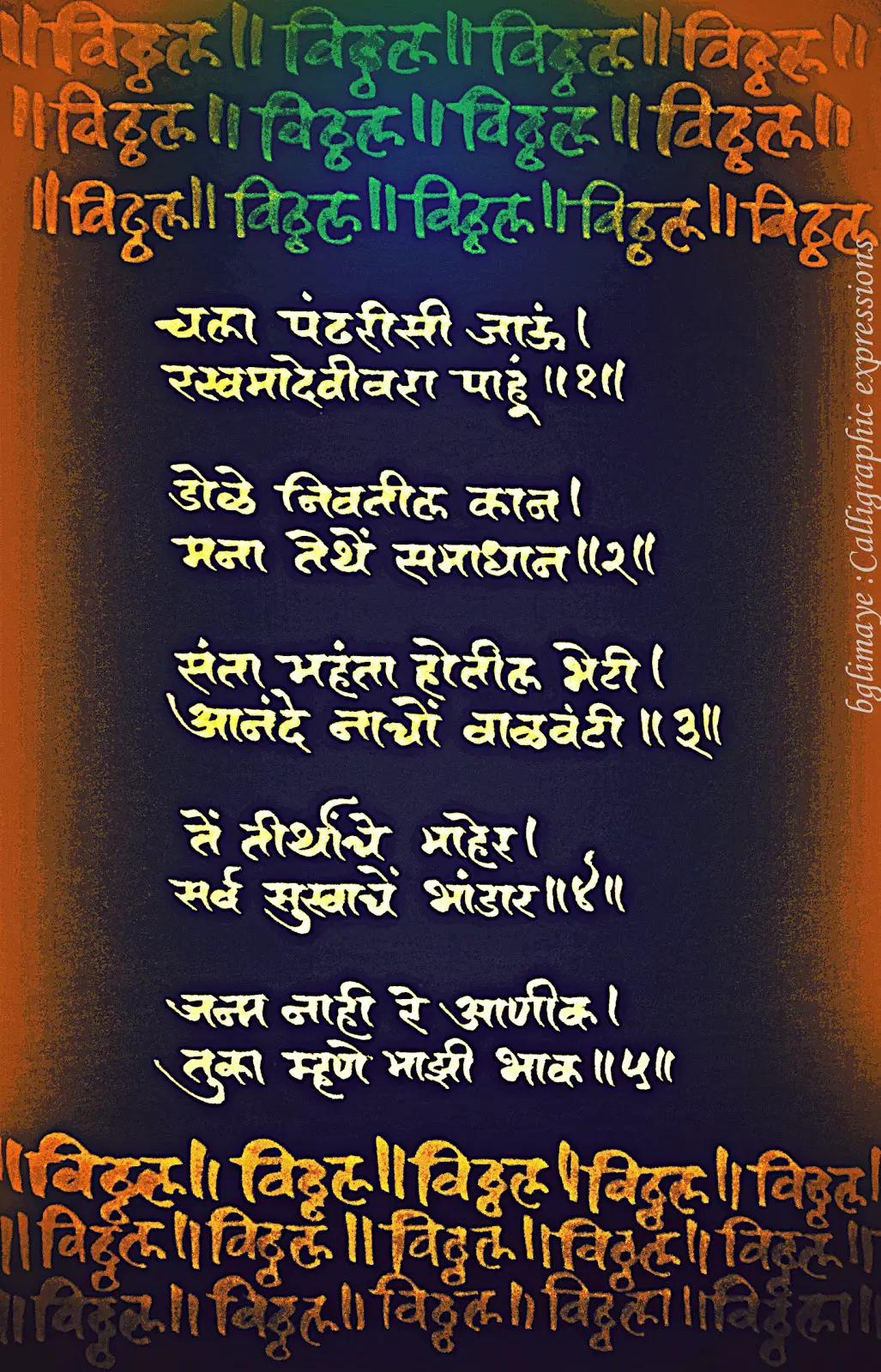

Contemporary devotees hope to obtain blessings by worshiping at this site, Mark McLaughlin says in this article, as they believe that Jnaneshvar is still present here. This is said to be the location of Jnaneshvar’s samjivan samadhi, that is, the place where the saint voluntarily had himself entombed while still alive in 1296. We will see why, for reasons of textual history, and for more theoretical reasons, the experience of saints such as Tukaram must remain elusive.Ī recent book about the comparative study of hagiography includes an article about another Varkari saint, Jnaneshvar, that describes a temple dedicated to him in his home village of Alandi. Tukaram is a particularly apt case for a study of devotional poetry and hagiography as the means to access the religious experience of a Hindu saint, since scholars have argued that his works are unusual in the degree to which he reflects on his own life. This article will raise questions about the reliability of our access to the poets’ religious experience through these sources, taking as a test case the seventeenth century devotional poet Tukaram and the hagiographer Mahipati. It could be argued that we find the religious experience of these devotees in their own compositions and in these hagiographies. And so hagiographies have been written about the lives of those exceptional devotees.

From early in their history, bhakti traditions have praised not only the various gods, but also the devotional poets as well. Though theologians and others have contributed to this development, the primary motive force behind it has been poets, who have composed songs celebrating their love for God, and sometimes lamenting their distance from Her. One of the most important developments in Hinduism in the Common Era has been the rise of devotionalism or bhakti.


 0 kommentar(er)
0 kommentar(er)
